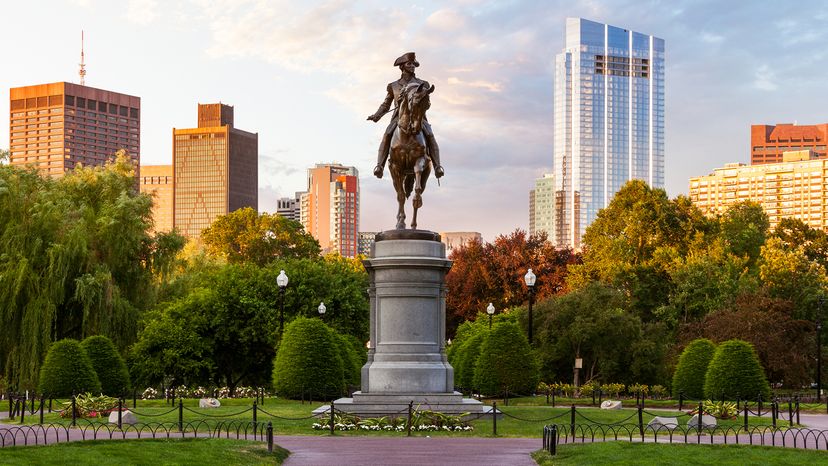
The term "commonwealth states" refers to a specific political status that four states in the United States use. These states retain the same powers and privileges as all other U.S. states, but their choice to use commonwealth reflects their history, values and governance.
The term commonwealth has roots in anti-monarchial sentiment that arose during the founding of the United States, symbolizing a government that exists to serve its citizens rather than a monarch.
Advertisement
These states adopted the designation to emphasize their commitment to a representative democracy where people united to form a government based on equality and free participation.